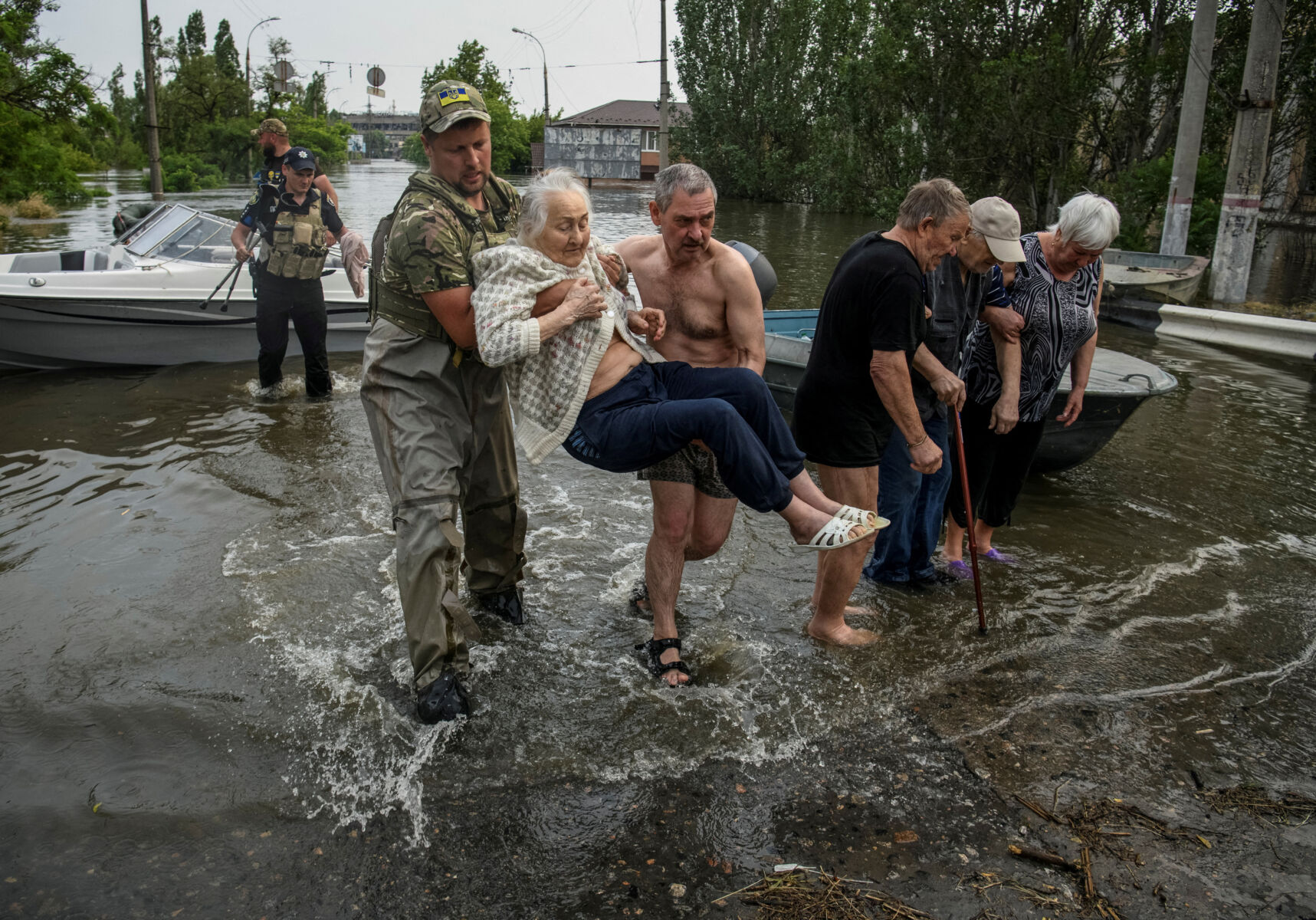Ukraine dam destruction exposes dark history of warfare tactics

The blame game between Ukraine and Russia continues as both nations accuse each other of causing the explosion at the Nova Kakhovka dam in southern Ukraine. Regardless of who is responsible, the destruction of dams in warfare has a long and devastating history. The recent flooding in the region, forcing the evacuation of thousands of civilians, serves as a stark reminder of the human cost of such actions.
Intentional destruction of dams and dykes dates back to the 16th century during the Eighty Years’ War between the Spanish army and Dutch rebels. Flooding areas made it difficult for enemy forces to advance, reducing their mobility and speed. This practice continued into the 20th century during times of warfare, with the most notable example being the British Dambusters raid in May 1943, targeting three German dams.
While the primary aim of dam attacks was to gain a battlefield advantage and hurt the enemy’s industrial capabilities, they also caused extensive damage to civilian populations. As a result, in 1977, the majority of the international community adopted Additional Protocol I to the Geneva Conventions, which sought to protect the environment and civilian populations from such acts.
However, the United States never ratified Additional Protocol I, and Russia, which originally ratified it, withdrew its signature in 2019. Ukraine remains a signatory. Despite the clear humanitarian value of these rules, some countries have continued to target dams, such as the US bombing of Syria’s Tabqa Dam in 2017 during its war against ISIL (ISIS).
The International Criminal Court (ICC) considers war crimes to include attacks that cause excessive damage to civilian populations and the environment. While the US, Russia, and Ukraine are not parties to the statute that underpins the ICC, Kyiv has twice accepted the court’s jurisdiction over alleged crimes occurring on its territory. The ICC has already issued its first arrest warrants, including for President Vladimir Putin, for the alleged war crime of unlawful deportation of children and the unlawful transfer of children from occupied areas of Ukraine to Russia. It would be a small step for the ICC to investigate the destruction of the dam as another potential war crime.
The challenge, however, lies in achieving accountability for such crimes and delivering restitution for the damage caused. When this war eventually ends, the questions of accountability and restitution will be central to any peace deal. In the meantime, the erosion of norms that restrain warfare continues, with the potential for more indiscriminate and disproportionate damage to civilians.
As the world becomes desensitised to such barbarity, it is crucial to hold those responsible for the destruction of the dam accountable and ensure that the principles of humanity are not pushed back to a time where acts against civilians become acceptable.
Latest Thailand News
Follow The Thaiger on Google News:


























